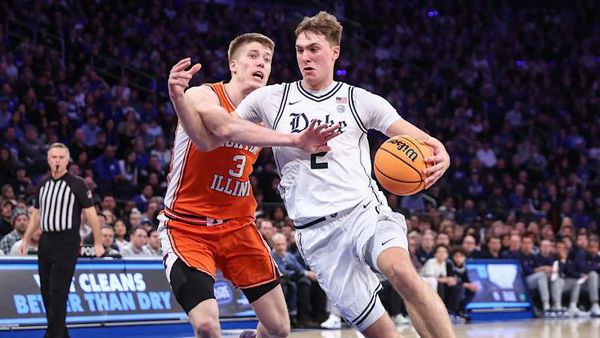
Transcript:
Conway Gittens: I’m Conway Gittens reporting from the New York Stock Exchange. Here’s what we’re watching on TheStreet today.
There’s a positive vibe around tech Wednesday thanks to the latest quarterly results. Advanced Micro Devices topped expectations and guided full-year estimates higher. The company pointed to strong demand for its AI chips. Microsoft beat forecasts even though revenue from its cloud business came in ever-so-slightly below analysts’ targets.
Investors also have economic news to consider. Private hiring in July was much weaker than expected, according to payroll company ADP. The Federal Reserve will likely take the hiring slowdown into account for its decision on interest rates.
Watch More Videos:
- Most valuable American brands
- Nike almost said 'no' to one of its most iconic designs
- 'Shark Tank's' richest sharks & most successful products after 15 years on air
In other news, The Consumer Financial Protection Bureau is going after the high fees some parents are paying for school lunch programs. In some cases, these online payment processing fees can eat up to 60 cents of every $1 deposited to a digital lunch money account.
“Transaction fees and other types of junk fees can take an economic toll on American families just trying to pay for basic school expenses, including school lunch for kids. Today’s report will help school districts avoid contracts with financial firms that harness excessive fees from families who purchase school lunch,” CFPB Director Rohit Chopra said in a statement.
According to the CFPB, the top five online payment processing companies charge a fee of 3.5 percent to 4.58 percent per deposit. This puts a bigger financial burden on lower-income families who tend to make smaller deposits more frequently. On top of the deposit fee, there is a $1 to $3.25 transaction fee every time the student buys lunch.
The CFPB estimates these companies are raking in between $28 million and $92 million from students paying full price for lunch and additional $1.9 million to $10.2 million for students who qualify for the reduced-price student lunch program.
That’ll do it for your Daily Briefing. From the New York Stock Exchange, I”m Conway Gittens with TheStreet.
Related: Cable TV companies threaten to raise monthly bills over junk fee ban







